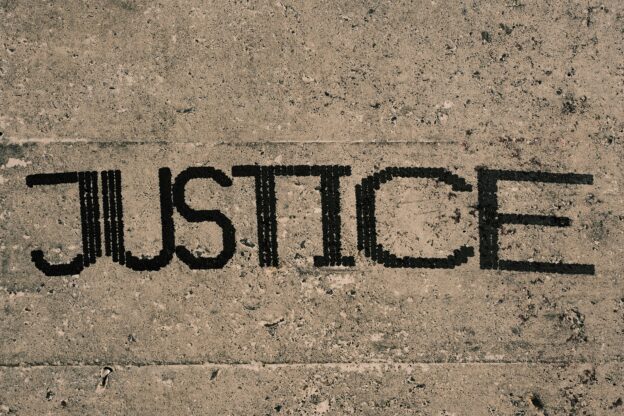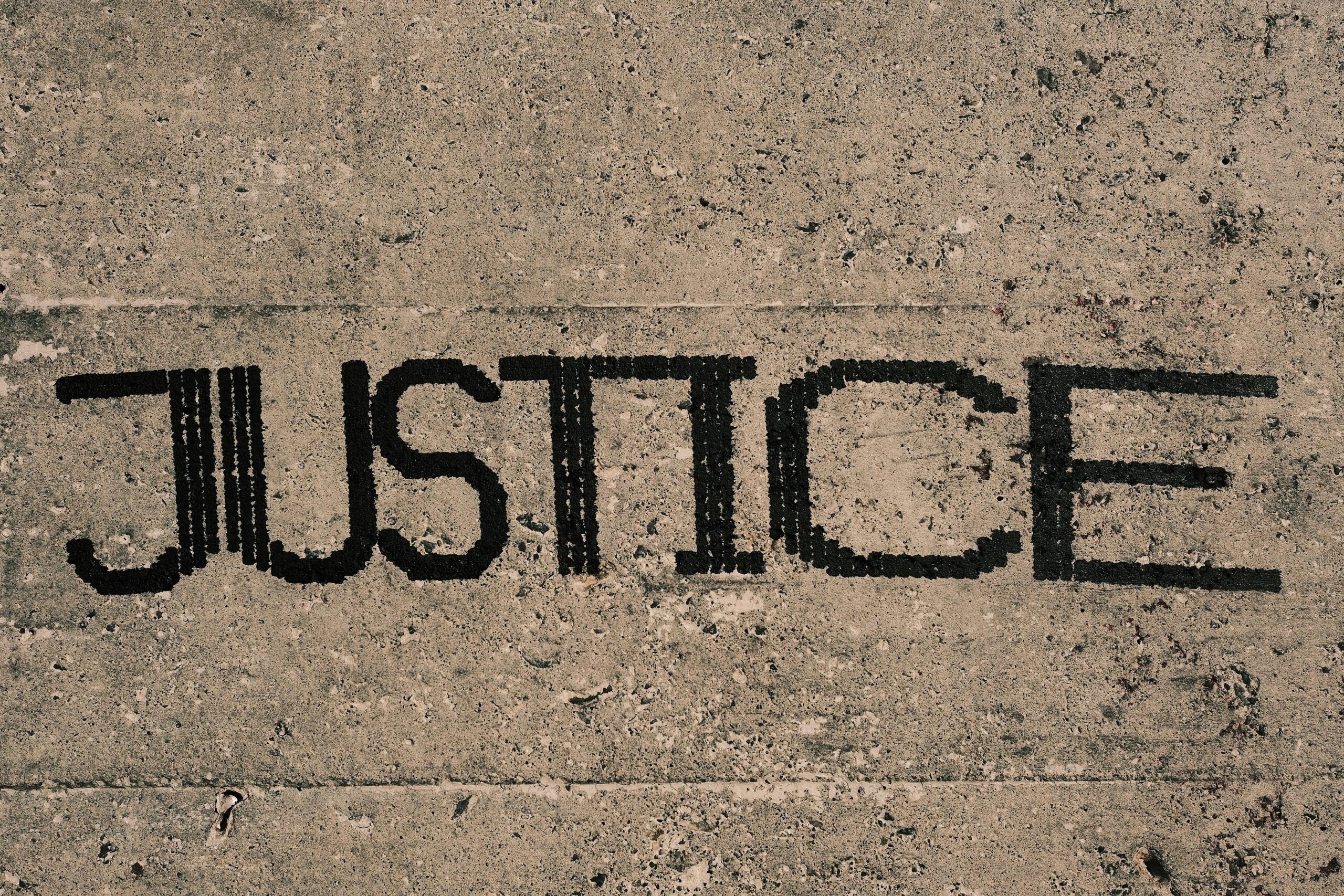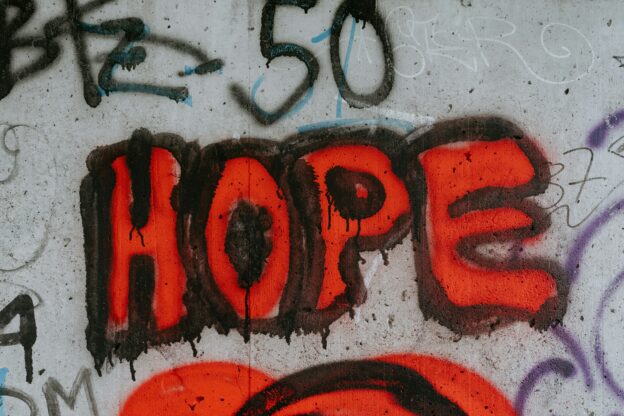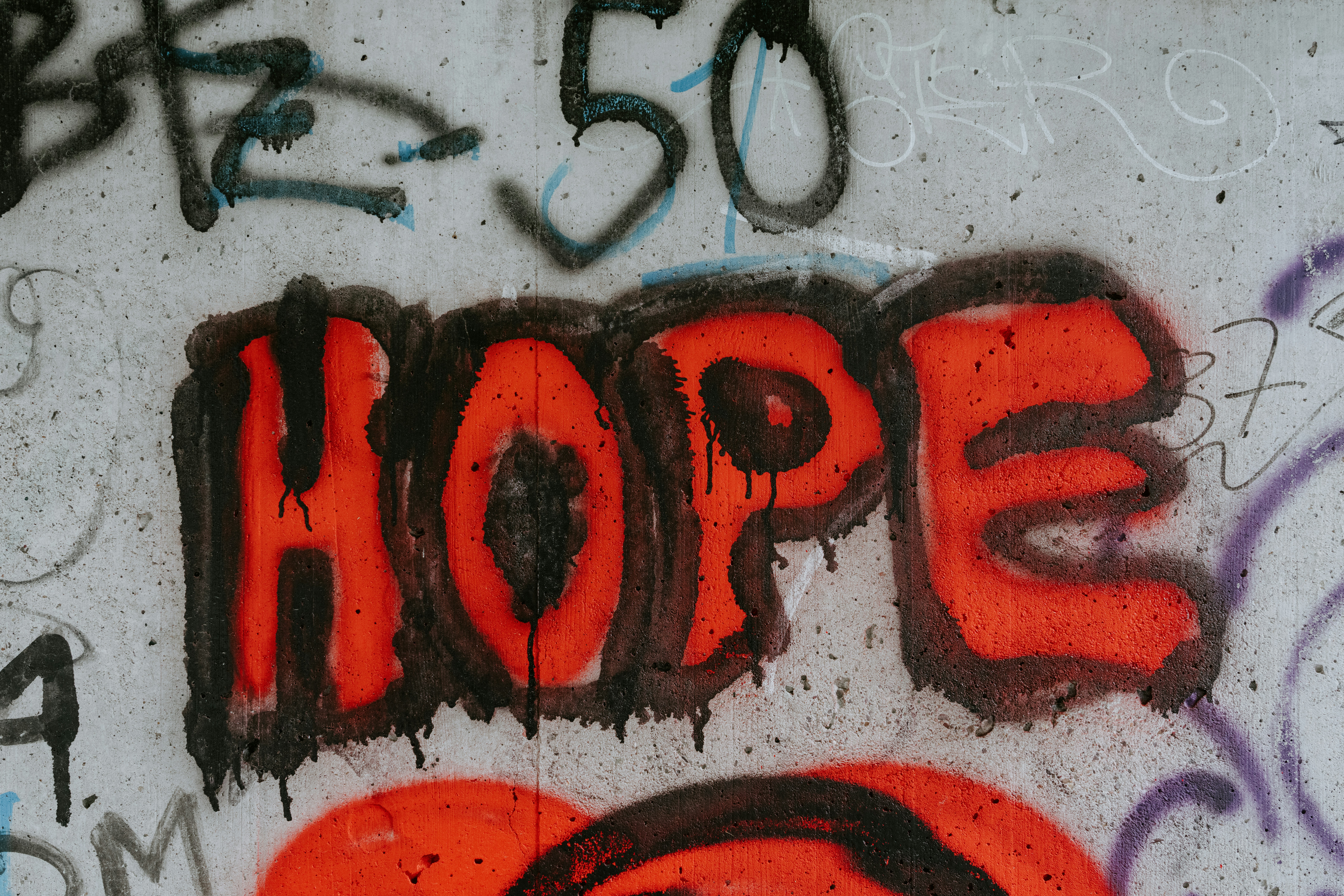Temperance: Nothing Overmuch by Kim Reisman

Scripture Focus:
For this very reason, you must make every effort to support your faith with excellence, and excellence with knowledge, and knowledge with self-control, and self-control with endurance, and endurance with godliness, and godliness with mutual affection, and mutual affection with love. For if these things are yours and are increasing among you, they keep you from being ineffective and unfruitful in the knowledge of our Lord Jesus Christ.
2 Peter 1:5-8 (NRSV)
This month we turn our attention to temperance. In our modern world, temperance is the virtue that seems to be the least popular and the most ridiculed. Many of us, however, don’t actually understand what is meant by the word temperance. In a nutshell, it simply means moderation. The ancient maxim was “nothing overmuch.” Rather than being viewed as the elimination of all our natural inclinations or “appetites,” temperance was seen as the proper ordering of what is good within our natures. The maxim, nothing overmuch, applied then to temperance itself. Thus, temperance excluded prideful abstinence as well as joyless asceticism, and strove for a healthy balance.
Over time, philosophers and theologians have come to view temperance as one of the most important virtues. The Greeks believed it was necessary to produce a well-ordered soul, a well-balanced self, and a well-proportioned life. Plato wrote that temperance was the rational ordering of the soul that kept it free. If the soul is to remain free and not in bondage to a particular impulse or appetite, temperance is crucial. Aristotle even went so far as to assert that temperance was the prerequisite for all the other virtues. For instance, temperance was required to produce courage, because courage is the balance between cowardice and rashness.
The opposite of temperance, of the balance we seek in our lives, is intemperance, or a lack of balance. The intemperate person is like a pot that is full of holes. It can never be satisfied because it can never be full. Intemperance occurs in two ways. The first is when part of the self rules the whole self. Examples of this would be alcoholism and other addictions. The addicted person is ruled by the part of the self that desires the source of the addiction. There is no ordering of that desire in relation to the other needs and desires of the self. The addicted desire is all-consuming. While addiction is a good example of this first type of intemperance, we should not make the mistake of thinking that intemperance occurs only in these extremes. Whether it be the drive to succeed in a career which puts us in conflict with our commitments at home, or the desire to be everything for our families which often places us at odds with our desire for personal fulfillment, anyone who has ever been torn by competing desires has experienced periods of intemperance.
And yet, intemperance isn’t merely the domination of the whole self by one part; it can also be a fragmentation of the self. When we don’t truly know ourselves, we can become pulled in too many different directions. Rather than one excess ruining the whole, it’s the excess of many things that pulls us apart. When our lives become filled with too many competing demands, we fall into the trap of intemperance. We’re unable to find balance because we’re unable to find our center and order our lives around it. Prioritizing becomes difficult and as a result we’re pulled apart.
As we seek to find balance in our lives, we must be careful to avoid confusing temperance with asceticism. Asceticism views the natural world as evil and thus demands abstinence. Temperance sees all creation as good, including our inner desires, but seeks to order those desires to that we remain free and productive.
The temperate person knows herself. She knows what is important and sets priorities and goals. The temperate person understands the idea of delayed gratification and is willing to make sacrifices for what he wants. Temperate people tend to make wise judgments about what to do and not do in order to achieve their goals. They’re willing to make choices and commitments as they seek to order their souls.
Temperance is the art of finding balance within yourself. It’s a blessing when achieved and a burden when it’s not. The balance of temperance will be different for each of us. For some, it may involve abstinence in a particular area, where for others it may involve a seeming indulgence. For us all, it involves prayer for discernment and hard work to balance and order our souls.
As you pray and fast this month, think about the two types of intemperance – when one part of the self rules the whole, and when the excess of many things pulls us a part. Reflect on how you might need to cultivate temperance (nothing overmuch) in relation one or both of these circumstances. As you reflect and ponder, I will be praying that you would be sensitive to your tendencies toward intemperance and be empowered to move closer to the balance that God desires for your life.
Subscribe
Get articles about mission, evangelism, leadership, discipleship and prayer delivered directly to your inbox – for free
Related Posts























